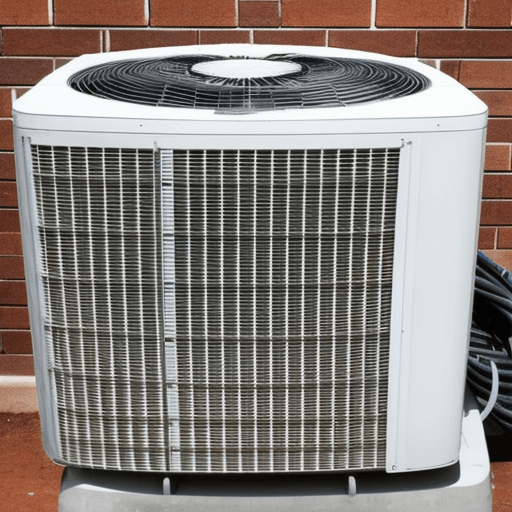An HVAC system upgrade is a worthwhile investment for any home or business. With changing technology, older HVAC systems could be costing you in terms of indoor comfort, air quality, and energy efficiency. An upgrade to a newer model can make all the difference in air temperature, and save you money in the long run, particularly during cold winter or hot summer months.
It may be the right time to consider an HVAC system upgrade for your home or business, particularly if it has become outdated and inefficient compared to newer models. The savings from replacing an outdated HVAC system alone will pay for the investment quickly. Here are five reasons homeowners and businesses alike should consider upgrading to a new HVAC system.
1. Reduce Energy Costs
An HVAC system upgrade can drastically reduce energy costs. Newer systems are built with energy-saving technology, including more efficient motors, improved insulation, and programmable thermostats. They use less electricity and gas to operate than older models, translating into significant cost savings on monthly utility bills.
HVAC systems have come a long way in terms of convenience. Many now include features like smart thermostats, air purifiers, and zoning options to give homeowners and businesses more control over how the heating and cooling system is used. In fact, the smart thermostat technology used helps to set and maintain optimal temperatures for efficient energy consumption. The money saved on energy costs, paired with improved comfort and convenience makes an HVAC upgrade worth considering.
2. Increased Comfort
An upgraded HVAC system offers increased comfort with temperature control. With the right technology, your home or business can achieve precise indoor air temperature, particularly for heating in the winter and cooling with an air conditioner in the summer. This results in minimal temperature fluctuations for a comfortable indoor environment year-round regardless of outside conditions.

Energy.gov suggests 68 degrees as a good indoor temperature during daylight hours while at home. Cost savings can be generated during winter months by lowering the thermostat by 7-10 degrees for eight hours a day while you’re asleep or away. This simple step can reduce annual heating expenses by as much as 10 percent.
An HVAC professional can help you choose the right system for your space and ensure it is properly sized to avoid temperature imbalances. The result is a more comfortable home or commercial building that all occupants can enjoy.
3. Improved Durability
The average lifespan of an HVAC system is around 10 to 15 years. However, older systems may only last half as long, depending on their age and condition. Upgrading your HVAC system to a newer model will make it more efficient and extend its durability significantly. Newer systems are built with more advanced components, such as corrosion-resistant metals and stronger insulation. This means they’ll be able to withstand the elements better than older models, resulting in a longer life span.
Furthermore, modern models are designed to last up to 20 years or more if properly maintained. Air filtration systems can help reduce dust, pollen, and other airborne particles. By upgrading your HVAC system now, you can enjoy improved durability for many years.
4. Operating Safety
Replacing an outdated HVAC system with a newer model can improve your home or business. Modern HVAC systems are designed with safety in mind. They circulate cleaner air, reduce drafts and improve indoor air quality, making your space more comfortable and inviting.
Updated HVAC systems include energy-efficient motors, high-efficiency filters, and electronic monitoring systems to help detect carbon monoxide. All of these features work together to ensure the safe operation of the heating and cooling system. Some modern HVAC systems also come with safety-focused features including a lockout mode, to prevent the system from being operated on while it’s off or receiving routine maintenance. This feature helps reduce the risk of fires and other accidents caused by improper system operation.

5. Increased Property Value
When a new heating, ventilation, and air conditioning system is installed, it directly enhances your property value. Many potential buyers are drawn to an HVAC system upgrade for the tangible benefits they provide including lower energy bills. For homeowners who plan on selling their properties in the near future, investing in an HVAC system upgrade may offer significant returns.
Investing in a new HVAC system is sure to pay off. A well-maintained system can help improve indoor air quality and energy efficiency levels, both of which are attractive qualities for potential buyers. Furthermore, a modern HVAC system can impress potential buyers based on the comfortable living environment they provide.
Thinking About an HVAC System Upgrade in Pittsburgh?
Take charge of your indoor air quality and comfort by upgrading to a new and improved HVAC system. Our team is here to help.
Contact us today to learn more about air quality improvements and residential and commercial HVAC in Pittsburgh and the surrounding areas.

